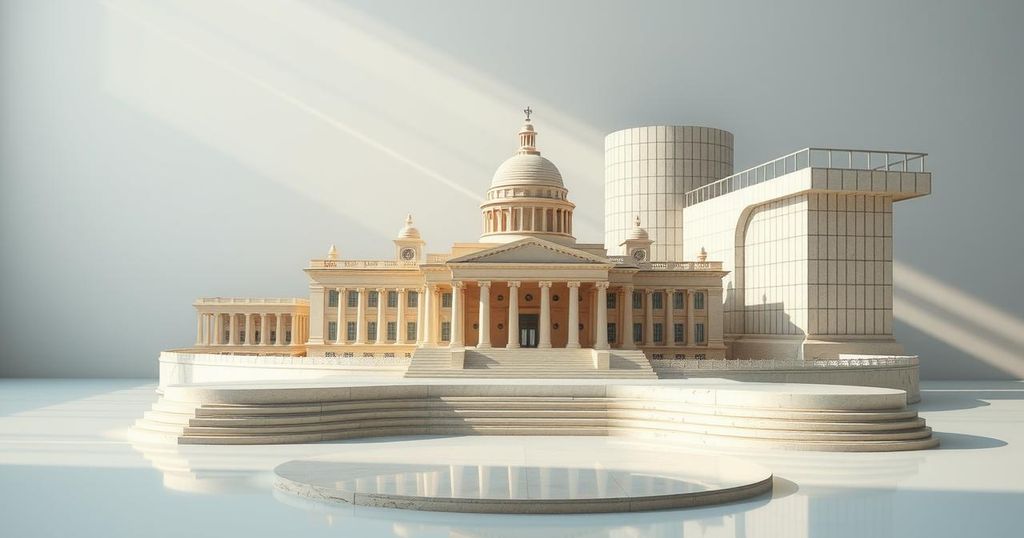Togo’s Controversial 2024 Constitutional Reform: An Overview

The 2024 constitutional reform in Togo, which transitions to a parliamentary system, has ignited political controversy and accusations of a constitutional coup. Opposition figures have expressed strong discontent, while the ruling party defends the changes as a means to enhance democratic governance.
Togo is at the center of political contention due to its proposed constitutional reform for 2024, which aims to transition the nation from a presidential to a parliamentary system. In this new setup, lawmakers will elect the head of state, which has incited accusations of a constitutional coup among opposition groups and civil society, prompting fears of democratic deterioration.
The reform has drawn fierce opposition from various political figures. Jean-Pierre Fabre, President of the National Alliance for Change (ANC), criticized the decision as a blatant breach of constitutional law. He addressed the situation saying, “Enough is enough, it’s over. We’re going to fight. Everyone knows that they violated Articles 52 and 59 (of the constitution).”
Furthermore, David Dosseh, spokesperson for the Front Citoyen Togo Debout (FCTD), described the changes as a coup d’état in clear view of the public. “Today, there’s a constitutional coup d’état taking place with impunity in Togo. But this time, we’re not going to accept it,” he asserted, reflecting the heightened tensions surrounding the reform.
Brigitte Kafui Adjamagbo-Johnson, a prominent figure from the ‘Don’t Touch My Constitution!’ Front, echoed the commitment to resist the reforms. “We do not recognise this constitution. However, if they insist and present it to us, our response is very simple,” she warned, signaling an ongoing struggle against the government’s direction.
In contrast, representatives from the ruling Union for the Republic (UNIR) party stand firmly behind the reforms, asserting that they will foster greater democratic engagement. Kouméalo Anaté, a UNIR lawmaker, claimed, “Togo has just opened a new page in its march towards a country that is, shall we say, an even more inclusive and participatory democracy.”
Vice President of the UNIR parliamentary group, Sénou Soklingbé, alleviated concerns regarding the reforms potentially perpetuating presidential power. He stated, “No one can say that everything is done to ensure that the President of the Republic, if he were to become the President of the Council tomorrow, remains indefinitely in power. It is the majority of the National Assembly that determines who will be the President of the Council.”
In summary, Togo’s proposed constitutional reform has sparked significant controversy, with strong opposition from political leaders who perceive it as an infringement on democratic principles. While the ruling party claims the changes will enhance democracy, detractors argue that it represents a dangerous move towards autocracy. As the debate continues, Togo’s political landscape remains tense and divided.
Original Source: globalsouthworld.com








